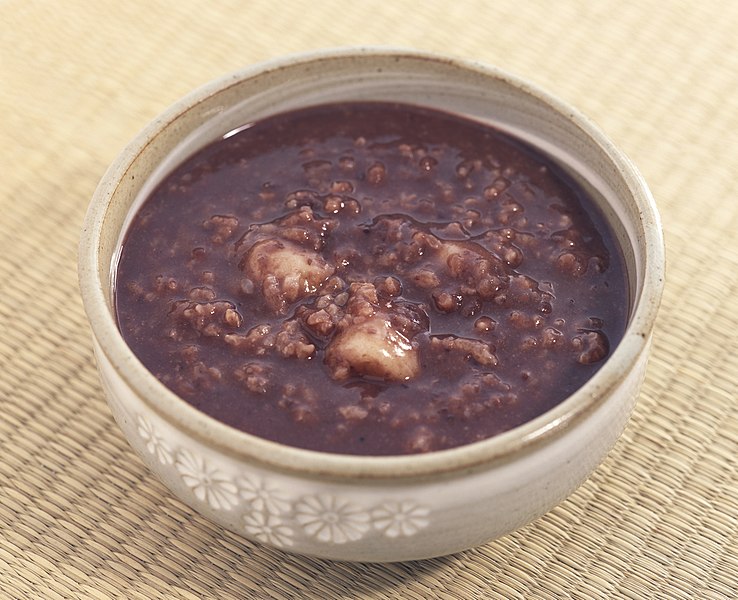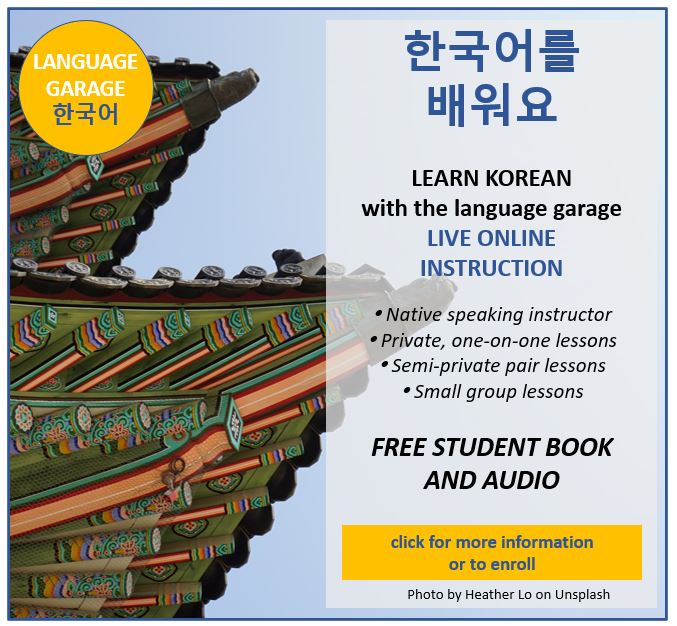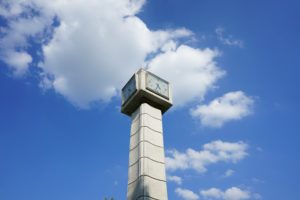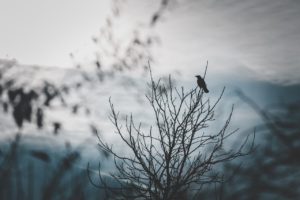Korea’s Dongji Festival: A Celebration of the Winter Solstice
Korea’s 동지 Dongji Festival, also known as the Winter Solstice Festival, is one of Korea’s most ancient celebrations. It marks the shortest day and longest night of the year, typically on December 21 or 22. The festival has deep cultural significance, symbolizing a period of transition and renewal. Dongji is not as widely popular as other Korean holidays. But many in Korea cherish its unique traditions, culinary customs, and the cultural meanings tied to the season’s natural rhythms.
Historical Background of Korea’s Dongji Festival
The Dongji Festival dates back to the Goryeo Dynasty (918–1392) and likely even earlier, with origins rooted in ancient East Asian philosophy and astrology. According to traditional Korean beliefs, people viewed nature’s cycles as reflective of human life. Dongji was an auspicious time to fend off misfortune and bring good luck as people prepared for the cold winter months ahead. Koreans often consulted fortune-telling books during Dongji. They believed that this practice could help individuals understand their destiny for the coming year.
Dongji also has historical connections to the concept of yin and yang. The Winter Solstice marks the peak of yin energy, which is darkness, cold, and night). But after the winter solstice, yang energy of light and warmth begins to increase. Thus, Dongji embodies hope, renewal, and the promise of brighter days ahead.
Traditions and Customs of Korea’s Dongji Festival
One of the most beloved traditions during Dongji is the preparation and consumption of 팥죽 patjuk, red bean porridge. According to Korean folklore, red beans can ward off evil spirits. Some people would place red bean paste on doorposts, windows, and rooftops to keep away malicious forces. Others would throw the beans outside their homes. Over time, eating red bean porridge became a central custom, symbolizing protection against negativity and inviting prosperity. Today, some Koreans conduct the rite of 동지고사 dongji gosa, offering of bowls of patjuk to household deities and at the family shrine.
Dongji is also a time for families to make rice cake balls called 새알심 saealsim, which they add to the patjuk. 새알심 saealsim means bird’s egg, and they represents new life and bring blessings and longevity. Traditionally, each family member eats a number of 새알심 saealsim corresponding to their age. This signifies the shedding of misfortunes and preparation for a new year of health and success.
In addition, some families observe Dongji by visiting ancestral graves or making offerings to honor their ancestors. This tradition stems from Korean Confucian values, where family and respect for one’s lineage are deeply important.
Food of Dongji: Patjuk and Its Symbolism
팥죽 patjuk (red bean porridge), is the heart of the Dongji celebration. Its ingredients are boiled red beans, water, and glutinous rice flour. The final product is a hearty and warming dish ideal for the cold season. The red color of the beans symbolizes life and energy, as well as the capacity to drive away evil spirits. Slightly sweet and thick in consistency, patjuk is nutritious and filling, representing the strength needed to withstand the coming winter months.
Adding 새알심 saealsim rice balls to the porridge is also part of Dongji cuisine. Each ball is symbolic, representing unity, family, and the cyclical nature of life. This small but meaningful tradition highlights the importance that Koreans place on kinship and continuity.
Cultural Significance of Dongji
While modern Korea has seen a shift in holiday observances, the Dongji Festival remains an enduring reminder of Korea’s respect for natural rhythms and traditions. The celebration of Dongji promotes reflection, family bonding, and hope for the future. By reconnecting with their roots, Koreans maintain a strong link to their ancestors and ancient beliefs, despite the modern world’s fast pace.
For many, Dongji is a time to express gratitude, prepare for the coming year, and hold onto the values of resilience and optimism. In an increasingly globalized society, these traditions serve as cultural anchors, offering Koreans a sense of continuity and identity, season after season.
Learn Korean with the Language Garage
We hope you’ve enjoyed learning about Korea’s Dongji Festival. If you’d like to learn more, check out our other posts on Korean language, culture, and more. And if you’re looking for convenient and affordable live Korean lessons with a real teacher, check out The Language Garage. Our lessons are given online in a virtual classroom, so it doesn’t matter where you live or work – we can come to you. And we have flexible options, with a free trial so that you can decide if there’s a fit. Check us out!
Image source Wikimedia Commons






